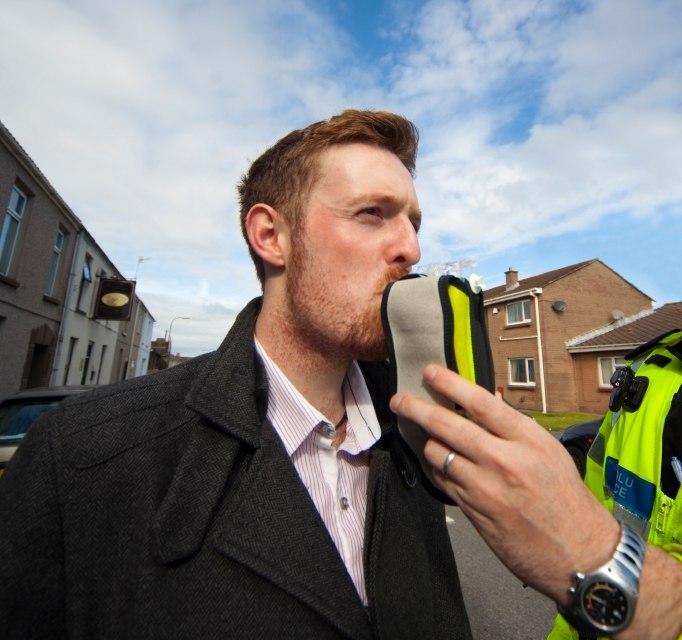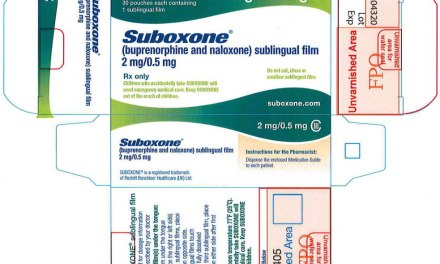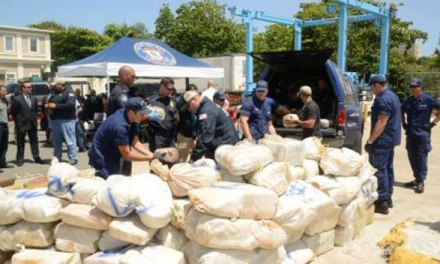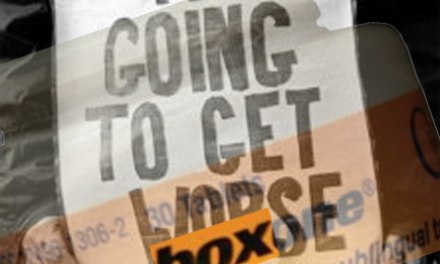About 1.5 million people are arrested annually for drunk driving offenses. Potentially the problem is much larger: one survey found that 4.2 million people admitted to having driven while intoxicated at least once during the preceding month.
At one time, the numbers were significantly worse. Those enforcement, education, and treatment efforts that began in the ’80s have actually helped reduce the death toll from drunk driving accidents by 50%. That’s a remarkable outcome.
There are still a few dark clouds on the horizon, in the form of issues around the breath alcohol tests that are a foundation of so many DWI/DUI cases. Questions about their accuracy.
Frankly, many attorneys are openly advising clients that if stopped, they should refuse the breath test.
An example from real life: Last summer, a vehicle rear-ended another at a traffic light. The offender may actually have intended to run the red light, had this other vehicle not been in the way. There were injuries to its occupants. The offending driver refused the breath test, which under State law, automatically results in a charge of aggravated DWI.
Here’s the interesting part: The offending driver was a State Senator. Not only that, he was chair of the Senate Judiciary Committee. After the arrest, he was urged by others to resign, but flatly refused. He informed reporters that he intended to finish his term and run again. His argument: The experience of his arrest for DWI would actually make him a better Senator for his constituents.
Some months later, the matter came before a judge in a bench trial. His attorney went after the arresting officer. He claimed that his client only failed two field sobriety tests because he was dazed after bumping his head on the windshield, and should not have been subjected to testing. He went on to criticize the officer for not having turned on his lapel camera quickly, and for failing to properly administer those field tests.
The officer, on the other hand, took note in his report of the strong odor of alcohol, glassy eyes and slurred speech, as well as the Senator’s admission to drinking prior to the accident.
The defense strategy made me remember the 60’s and 70’s, when lawyers routinely attacked field tests and the officers who administered them. It made drunk driving one of the easiest cases to defend — a slam-dunk for a smart attorney. Changes in the law made that more difficult.
The outcome: in this case, the Senator was convicted on two counts. Jail time: a total of 5 days, which he served. He did resign from his Judiciary Committee post, but not from the Senate. We’ll see how his peers respond. Looks like he still plans to run again.
Back to the breath test. There’s actually good cause for attorneys to recommend the driver decline to take it. Two New York Times articles reveal the scope of a serious potential problem:
First, from late 2018: “20,667 Drunken-Driving Convictions Tainted by Bad Breathalyzer Tests in New Jersey”
Second, from November 2019: “These Machines Can Put You In Jail– Don’t Trust Them.”
In the detail-oriented universe of the Law, this represents a hole that even a marginally competent attorney can drive a truck through. And you can bet they will.
Not surprisingly, the problem lies mainly with human beings. Breath test devices require regular calibration to maintain their accuracy. It’s standard procedure at most treatment centers. For instance, one large work-release facility employed a costly wall-mounted machine to administer BAL tests to all residents when they returned from pass. There, calibration was checked on a regular schedule, documented in a log, signed and dated. But I’ve also visited programs where that wasn’t the case– including one detox unit where the admission device hadn’t been checked in over two years.
The easiest way to meet Court requirements for recalibration is to send it off to the manufacturer and let them do it. I’m told the cost is $25. The Director of one program told me he keeps three breath meters in use, so that one is always off being recalibrated. Police departments could easily do the same.
That’s important because their results have to satisfy the judge.
Police work is jam-packed with procedural details that only matter because of what’s at stake– a conviction and possibly someone’s freedom. Any lack of confidence in that breath test could undermine much of the good work done by advocates and law enforcement over the past few decades.
I hate to see drunk driving convictions overturned for procedural errors, because I suspect that eventually, those fatality stats will reverse course and begin to climb again. Then one evening I could be sitting at a traffic light, minding my own business, when suddenly, from behind…













